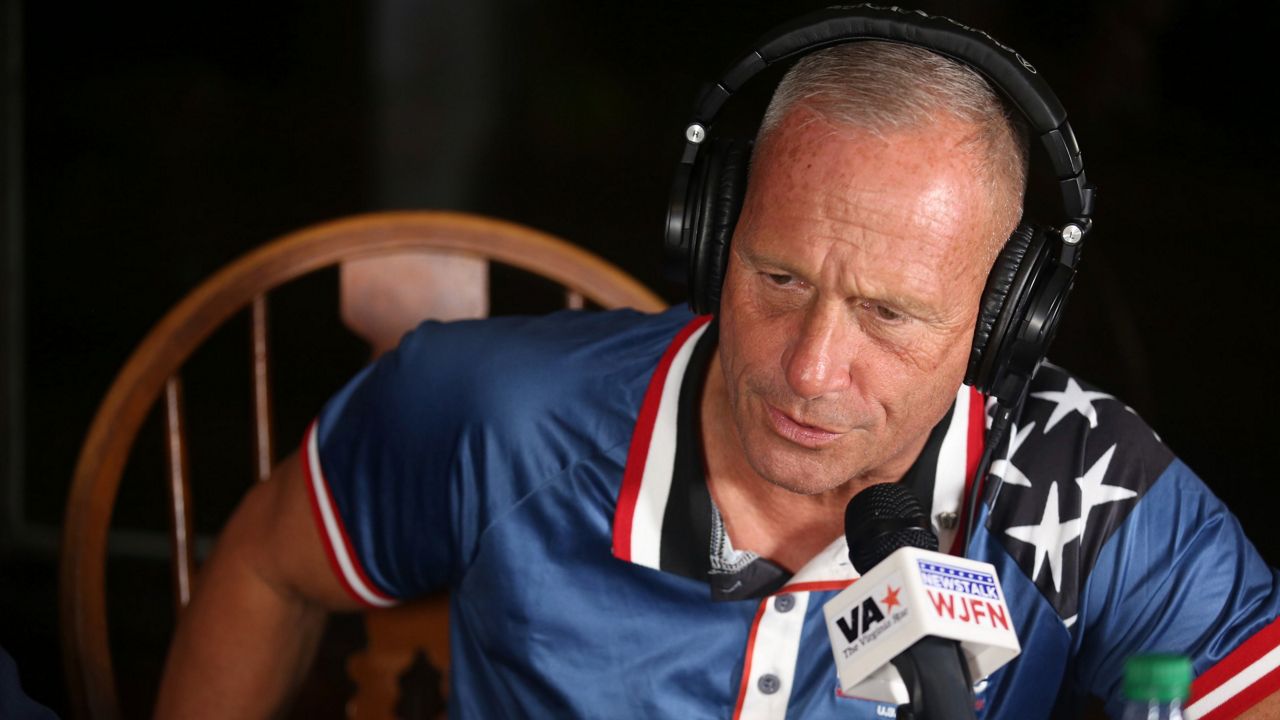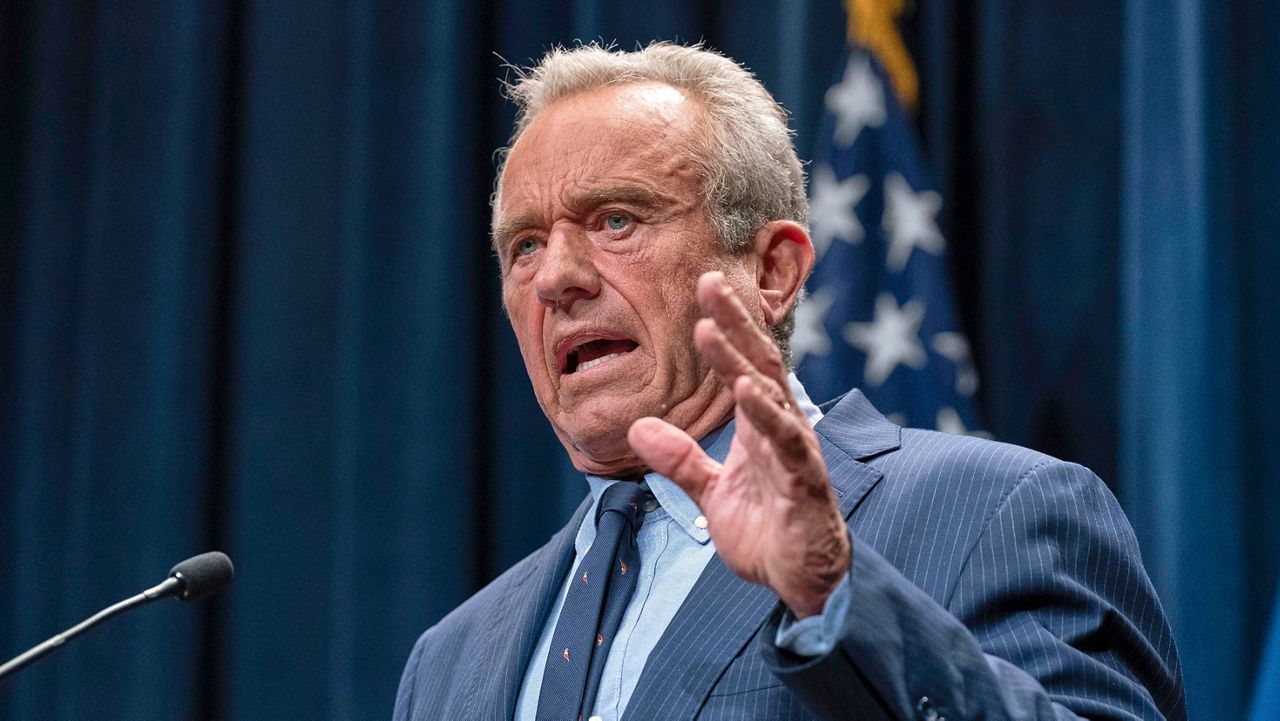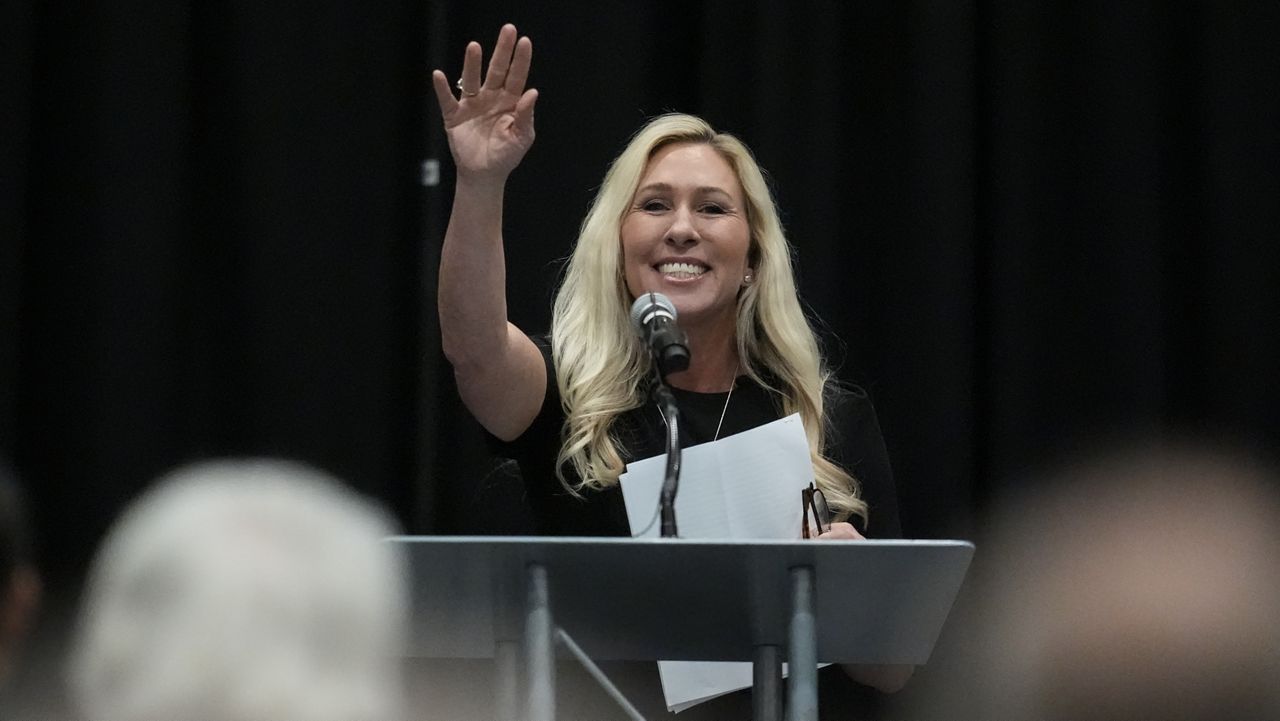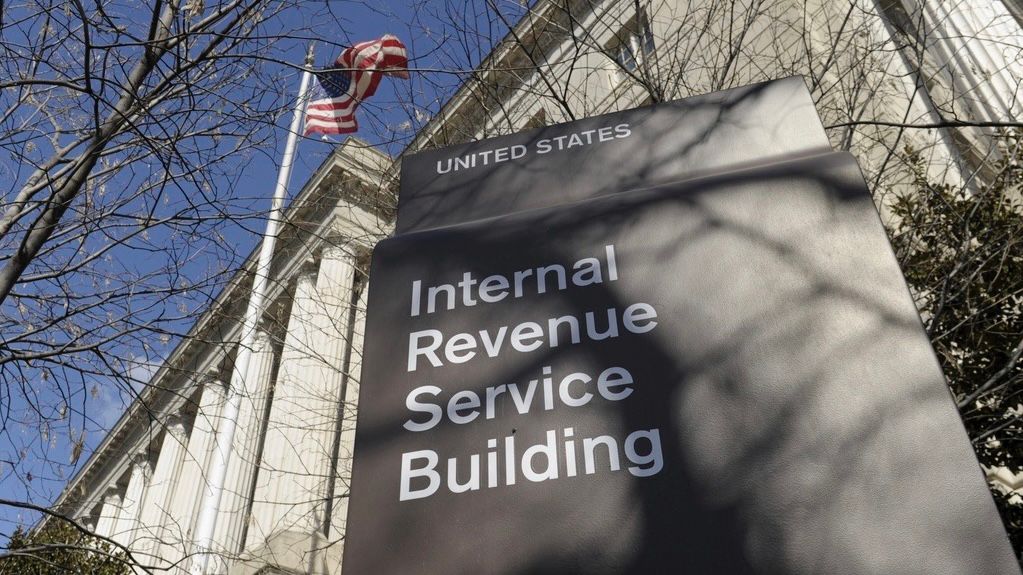Retired Army Brig. Gen. Donald Bolduc won New Hampshire's Senate Republican primary on Wednesday and will face potentially vulnerable Democratic incumbent Maggie Hassan in November — setting up another test of whether a fierce conservative can appeal to more moderate general election voters.
What You Need To Know
- Retired Army Brig. Gen. Donald Bolduc has won New Hampshire's Republican Senate primary and will face potentially vulnerable Democratic incumbent Maggie Hassan in November
- That sets up another test of whether a fierce conservative can appeal to more moderate general election voters
- Two other pro-Trump candidates won U.S. House primaries in New Hampshire, leaving some in the party questioning whether they will be able to broaden their appeal in November
- In Rhode Island, Gov. Dan McKee eked out a victory in his Democratic primary; he'll face Republican Ashley Kalus in November
Bolduc wasn't formally endorsed by former President Donald Trump but has said he believes Trump won the 2020 election and has espoused conspiracy theories about vaccines. The former president called him a "strong guy, tough guy."
Two other pro-Trump candidates won their U.S. House primaries in New Hampshire — Karoline Leavitt in the 1st Congressional District and Bob Burns in the 2nd Congressional District — leaving some in the party questioning whether they will be able to broaden their appeal beyond the GOP base in November.
"Nice! The "Trumpiest" people ALL won in New Hampshire last night. MAKE AMERICA GREAT AGAIN!!!" Trump wrote on Truth Social on Wednesday.
Primaries in New Hampshire, Rhode Island and Delaware on Tuesday capped the nation's primary season just eight weeks before Election Day, when majorities in both chambers of Congress, key governorships and scores of important state offices will be up for grabs.
Dozens of candidates around the country who were openly championed by Trump — or at least hewed closely to his brand — helped extend his hold on the national GOP. They notched primary wins up and down the ballot from Maryland to Arizona, Florida to Michigan. Some defeated Republican incumbents who had been open Trump antagonists.
The former president and the larger movement of Trumpism, which President Joe Biden and other top Democrats have decried as presenting a major threat to American democracy, didn't win every major race of the primary cycle. But those candidates who used the former president's support to win GOP nominations now will likely have to prove they can appeal to a broader swath of the electorate in general elections, where larger numbers of voters tend to be more moderate than those who turn out for primaries.
The results of Tuesday's primaries mean the general election for Senate in New Hampshire should provide another such test. Biden carried the state by more than 7 percentage points. Republican primary voters also picked conservative candidates this year in moderate or Democratic-leaning states including Massachusetts, potentially putting competitive races out of the party's reach.
Bolduc's victory likely reignites disappointment among some in the national party that Republican Gov. Chris Sununu, a relatively popular moderate who might have posed more of a threat to Hassan, chose instead to run for reelection. In his primary, Bolduc defeated New Hampshire state Senate President Chuck Morse, a mainstream Republican endorsed by Sununu, who called Morse "the candidate to beat Sen. Hassan this November and the candidate Sen. Hassan is most afraid to face."
By contrast, Sununu called Bolduc a conspiracy theorist and suggested he would have a tougher time in the general election. Bolduc wasn't bothered by Sununu's criticism, calling the governor "a Chinese communist sympathizer."
Some Democratic groups, meanwhile, sponsored primary ads promoting Bolduc, predicting he'd make an easier opponent for Hassan. That's consistent with Democratic-aligned organizations backing pro-Trump candidates in key races around the country — a strategy some have criticized, arguing that it could backfire if those candidates go on to win their general elections.
"Our campaign overcame the odds and millions of dollars in spending from outside special interest groups because we built a true bottom-up grassroots campaign," Bolduc tweeted in the wee hours of Wednesday. "Throughout the primary, I have felt the concerns of the voters, and heard time and again we need to send an outsider to Washington."
New Hampshire, known for kicking off the primary season during presidential campaigns, instead concluded the nominating process for this year's midterms. The races were less high profile in Rhode Island and Delaware, where Biden traveled late Tuesday to cast his ballot.
The final primary contests unfolded at a dramatic moment in the midterm campaign. Republicans have spent much of the year building their election year message around Biden and his management of the economy, particularly soaring prices. But Democrats are now entering the final stretch with a sense of cautious optimism as Biden's approval rating steadies and inflation has slowed for the second straight month, even as it remains high.
The Supreme Court's decision overturning a constitutional right to an abortion may provide Democrats with the energy they need to turn back the defeats that historically accompany a new president's first midterms.
Senate Republican leader Mitch McConnell acknowledged the challenge last month, saying his party may be more likely to end Democrats' narrow control of the House than the Senate. He bemoaned "candidate quality" as a factor that could sway some outcomes in his chamber.
Many of the same dynamics swirling around the former president were also at work Tuesday in New Hampshire's 1st Congressional District, where Leavitt, who worked in the Trump White House's press office, topped some more experienced Republicans with ties to the former president. She'll square off against Democratic Rep. Chris Pappas in another November contest that could be close.
Leavitt, who just turned 25 and could be among the first members of Gen Z in Congress, said she was "sending a strong and clear message to the Washington, D.C., establishment, and our Democratic opponent that our votes cannot be bought, our conservative voices can not be silenced." She also laced into Pappas, saying he "has campaigned his entire political career as a moderate, bipartisan voice for our district. But he has voted as a far left socialist Democrat."
Pappas also wasted little time going on the offensive against Leavitt, saying, "I will fight with everything I've got to stop extreme politicians like Karoline from hijacking our democracy."
In New Hampshire's 2nd Congressional District, the pro-Trump Burns won the Republican nomination to face five-term incumbent Democratic Rep. Annie Kuster in a general election race the GOP sees as potentially very competitive.
Rhode Island
Gov. Dan McKee eked out a victory in his Democratic primary on Tuesday, beating back strong challenges from a pair of opponents as he seeks his first full term in office.
McKee, the former lieutenant governor who became the state's chief executive a year and a half ago when two-term Gov. Gina Raimondo was tapped as U.S. commerce secretary, will be the heavy favorite in the liberal state in November against Republican Ashley Kalus, a business owner and political novice.
McKee edged out former CVS executive Helena Foulkes, who saw a late surge in the polls and won a last-minute endorsement from The Boston Globe's editorial board. Secretary of State Nellie Gorbea, who was seeking to become the first Latina governor in New England, finished a close third.
"I'm proud to be here," the 71-year-old governor said in his victory speech. "Because Rhode Island is positioned in a way where we've never had this momentum before and we're going to take full advantage of it."
Besides McKee, Foulkes and Gorbea, two other Democrats were also seeking the nomination: former Secretary of State Matt Brown, a progressive; and community activist Dr. Luis Daniel Muñoz.
Kalus easily defeated her lone Republican rival, Jonathan Riccitelli, whom the Globe reported had been arrested dozens of times since 2000 under a different name, on charges ranging from obstructing police officers to assault, according to court records.
Kalus, who owns a COVID-19 testing company that's in a dispute with the state over a canceled contract, moved to Rhode Island last year from Illinois and previously worked for former Illinois Republican Gov. Bruce Rauner. She said Rhode Island needs a fighter like her, now more than ever, because every day gets harder for working families.
In another top race on Tuesday, voters were choosing nominees in the 2nd Congressional District for the seat being vacated by Democratic Rep. Jim Langevin, who is retiring after more than 20 years representing the district. Langevin was the first quadriplegic to serve in Congress.
State Treasurer Seth Magaziner, who was endorsed by Langevin, won the crowded Democratic primary. Republican Allan Fung, the former mayor of Cranston, was unopposed in his bid for the Republican nomination. National Republican leaders think this is their best chance to flip the seat in more than three decades. House Republican leader Kevin McCarthy visited Rhode Island in August to raise money for Fung.
Magaziner had been running for governor but switched races after Langevin's announcement to try to keep the seat in Democratic control. Magaziner told supporters Tuesday night that the election is about values and preserving democracy for the next generation.
In the 1st Congressional District, Democratic U.S. Rep. David Cicilline will face Republican Allen Waters in November. Both were unopposed Tuesday. Cicilline is seeking his seventh term.
Delaware
From a national perspective, Delaware’s primaries Tuesday were moot. The state is not voting on a U.S. senator this year, and the primary for its lone, at-large House seat was canceled because of lack of competition. Democratic incumbent Lisa Blunt Rochester and Republican Lee Murphy, an actor and retired teacher and coach, automatically advanced to the Nov. 8 general election.








